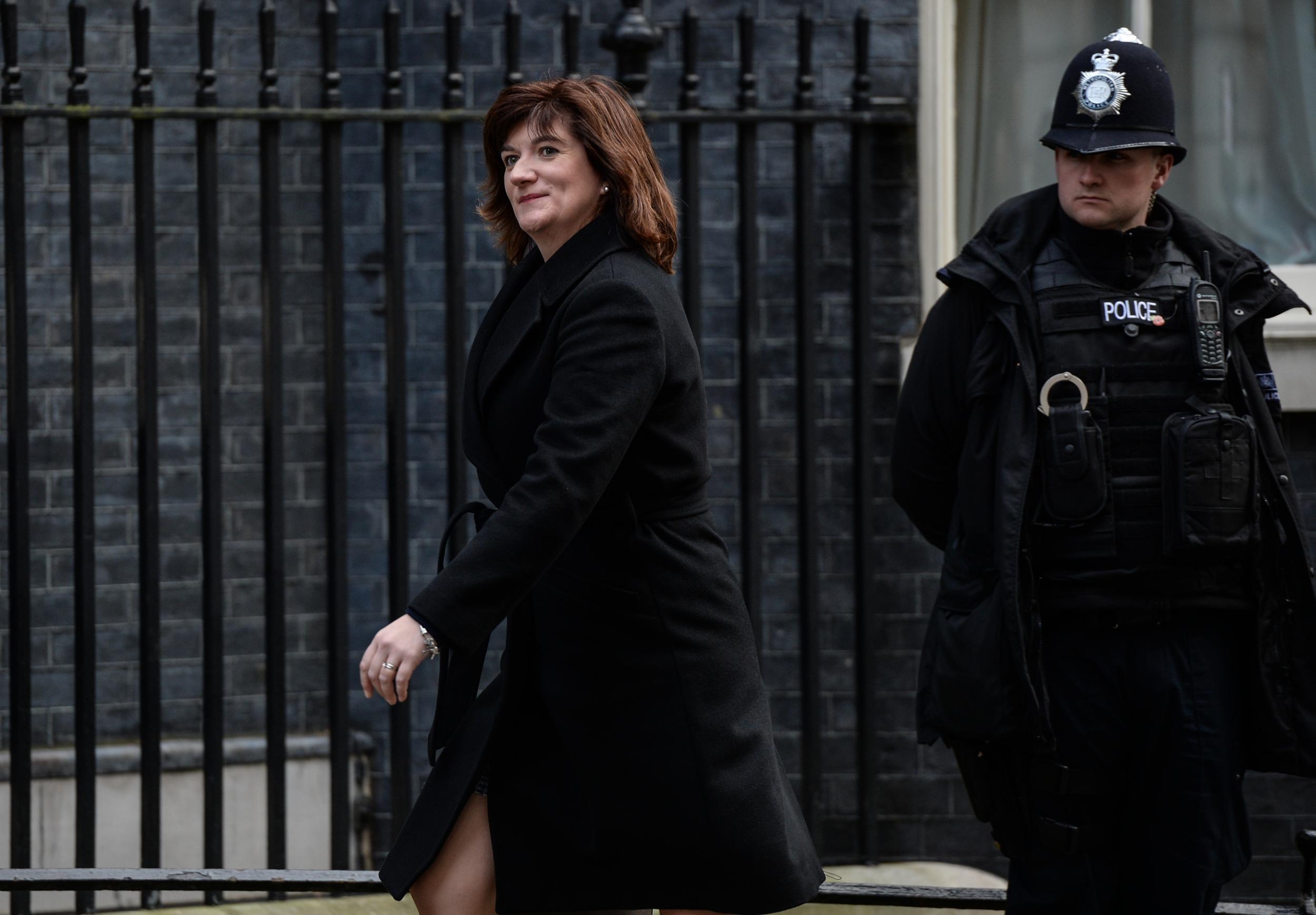PPI scandal: If the Financial Ombudsman has made mistakes the banks are partly to blame
Nicky Morgan makes a good point when she says that if bad decision making is found to have occurred then it should be taken as that

It is, as Treasury Committee chair Nicky Morgan rightly stated, deeply troubling if cases brought to the Financial Ombudsman Service (FOS) have been incorrectly decided.
The service, which adjudicates on disputes between financial companies and their customers, is of vital importance in that it address the vast power imbalance between the two.
While its decisions are subject to judicial review, very few individual consumers have the resources to be able to take that step. If the FOS says no, it’s basically the end of the line.
A furore about the operations and decision of the FOS making was kicked off by a Channel Four Dispatches investigation which, among other things, alleged that the service had unduly favoured banks.
For its part, the FOS says it doesn't feel the programme gave a fair impression of its work. But Ms Morgan says her committee has also received allegations from current and former employees “who have also expressed dismay about poor culture and low morale”.
The commissioning of a review by an independent person, under the auspices of the body’s non executive directors, is therefore an important step for it to have taken.
One thing that can’t be denied is that the Ombudsman service has faced is truly Herculean task in dealing with the payment protection insurance (PPI) misselling scandal.
It has had to find and train a small army of staff (2,000 plus) to deal with 1.4m of cases, and counting. The process was further complicated by legal wrangling engaged in by the banks.
Even without that, an exercise of the scale and complexity of the PPI review would have been disruptive to any organisation, drawing in a vast amount of management time and other resources.
It would actually be highly surprising were things not to have fallen through cracks.
The banks are as much at fault for this as anyone else.
The ombudsman only becomes involved with a case after an individual has first exhausted then house complaints process of financial companies, which are supposed to operate fairly.
They clearly haven’t been with respect to PPI: The ombudsman has upheld nearly two thirds of the cases brought to it.
This shouldn’t come as a big surprise. Despite PPI being an essentially worthless product, the sale of which was enforced on some borrowers, many senior bankers to this day deny there was anything wrong with it.
Such attitudes feed through into their institutions' organisational DNA and have played big role in the number of valid complaints kicked over to the ombudsman.
The problem highlighted by this affair is that the FOS cannot reopen cases without fresh evidence. But Ms Morgan - who was a corporate lawyer in another life - makes a good point when she says that if bad decision making is found to have occurred then it should be taken as that.
If it is proven to have been widespread then banks should pay for cases to be reopened on a wider basis. They caused the PPI problem. They fought tooth and nail to they andd get out of solving it. They managed to persuade the Financial Conduct Authority to put a time bar on new cases. They are at least partly responsible for any problems with the review process, morally, and also financially. They should be required pay up to fix them.
Subscribe to Independent Premium to bookmark this article
Want to bookmark your favourite articles and stories to read or reference later? Start your Independent Premium subscription today.

Join our commenting forum
Join thought-provoking conversations, follow other Independent readers and see their replies